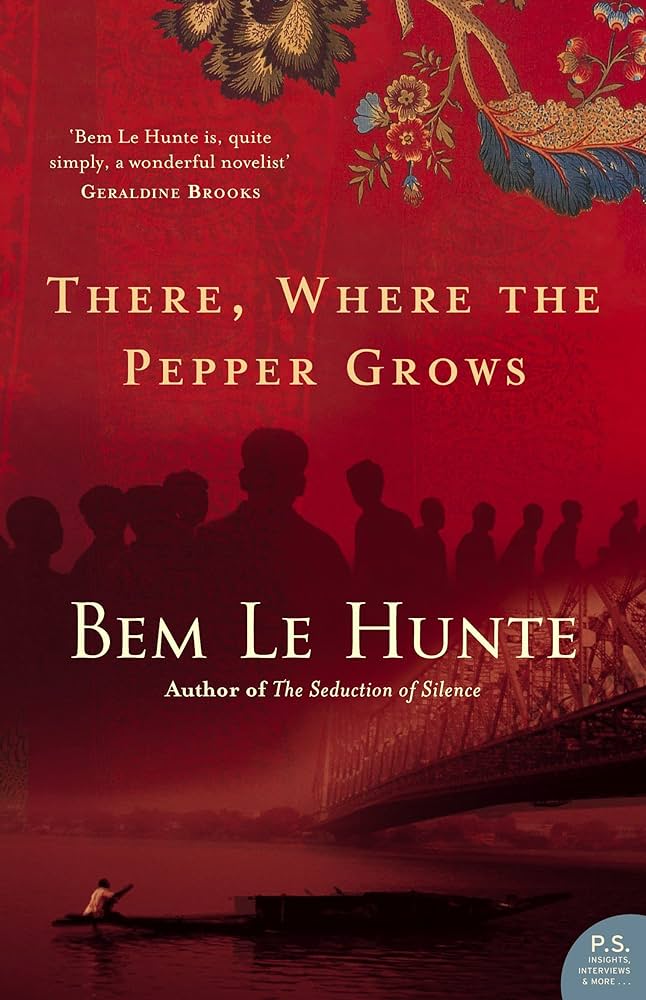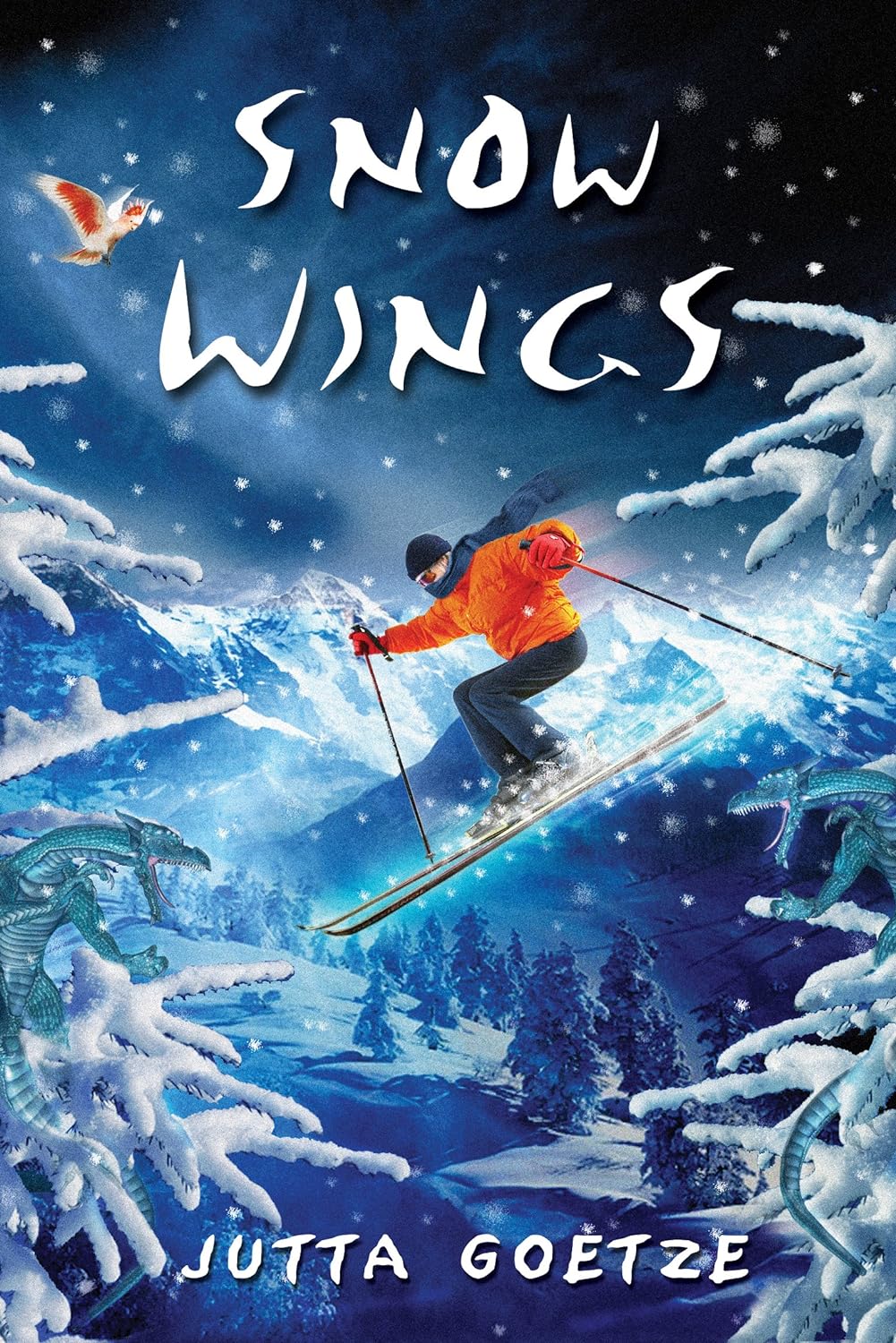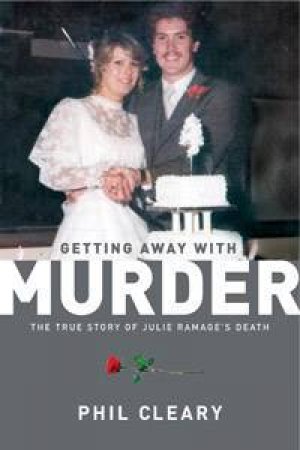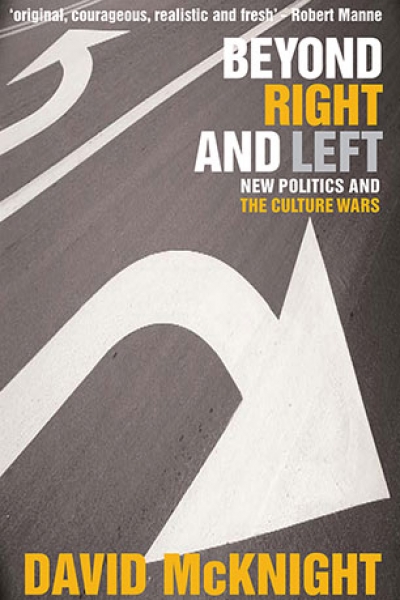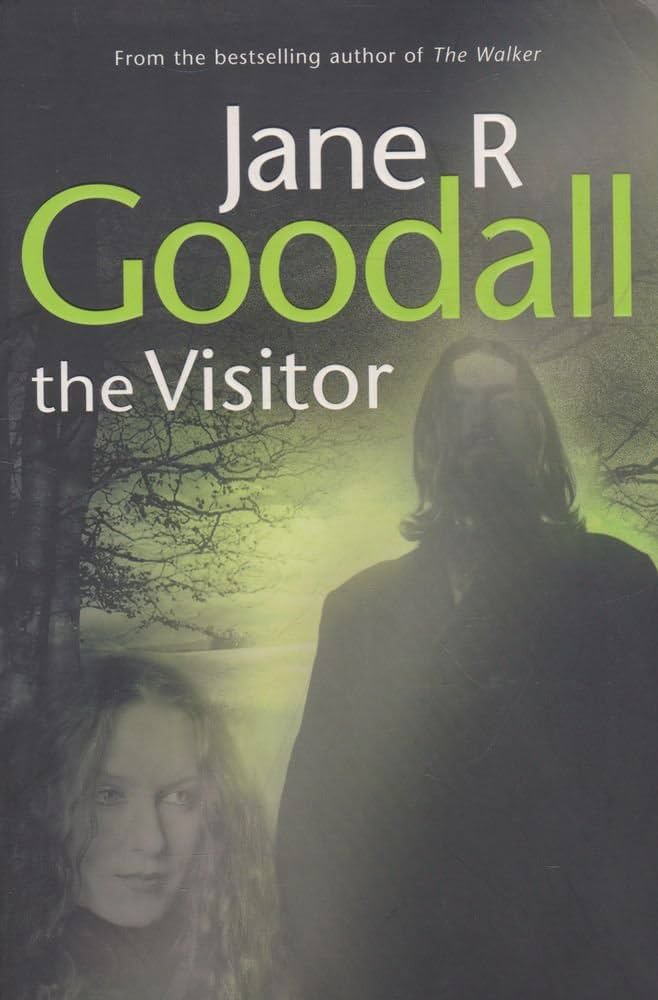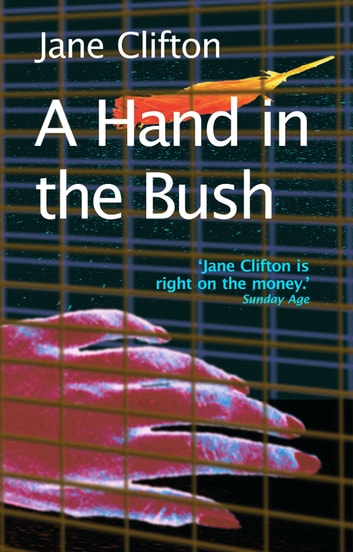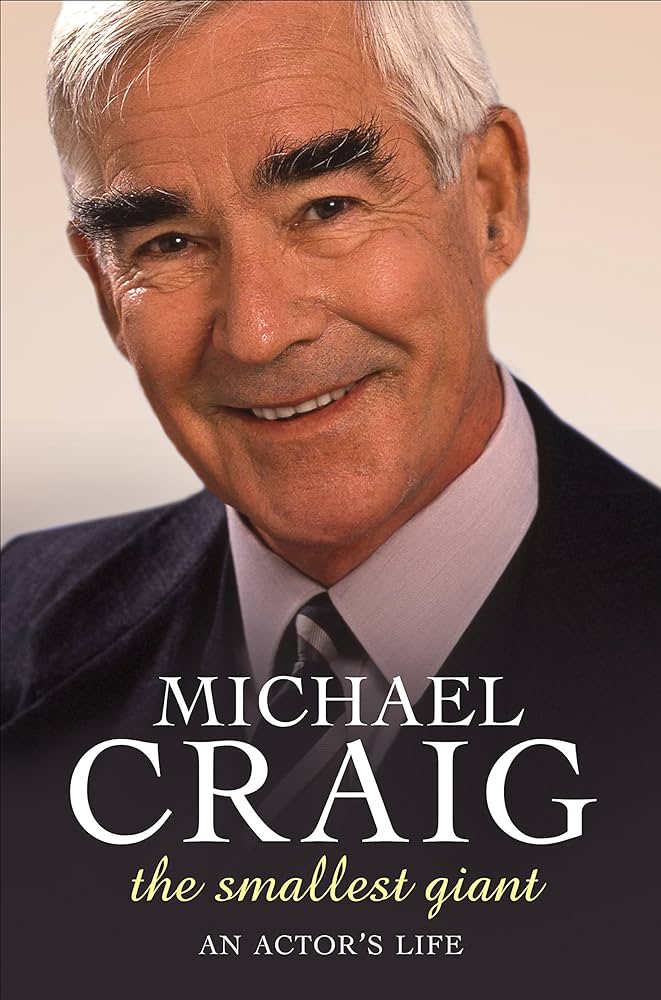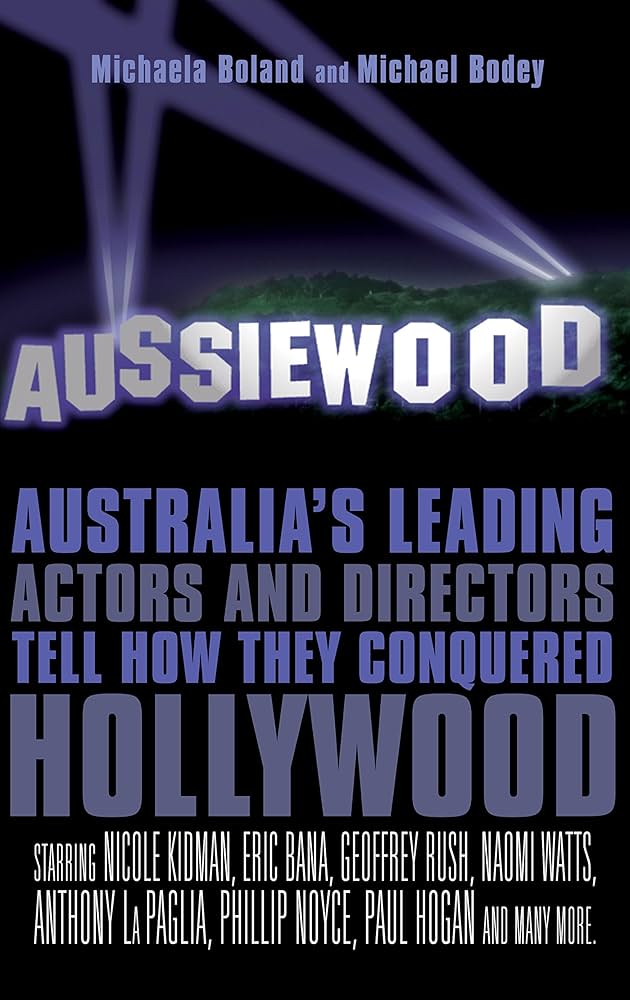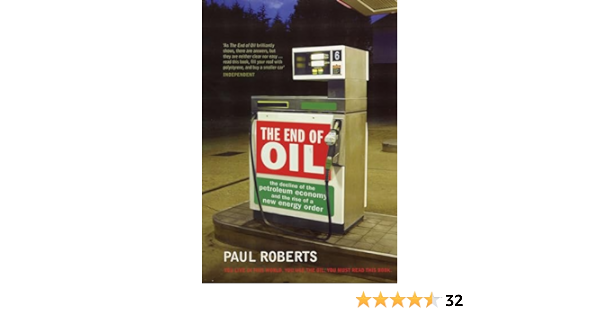Allen & Unwin
Film | Theatre | Art | Opera | Music | Television | Festivals
Welcome to ABR Arts, home to some of Australia's best arts journalism. We review film, theatre, opera, music, television, art exhibitions – and more. To read ABR Arts articles in full, subscribe to ABR or take out an ABR Arts subscription. Both packages give full access to our arts reviews the moment they are published online and to our extensive arts archive.
Meanwhile, the ABR Arts e-newsletter, published every second Tuesday, will keep you up-to-date as to our recent arts reviews.
Recent reviews
There, Where the Pepper Grows by Bem Le Hunte & Behind the Moon by Hsu-Ming Teo
by Lisa Gorton •
Snow Wings by Jutta Goetze & The Rat and The Raven by Kerry Greenwood
by Karen Brooks •
Getting Away with Murder by Phil Cleary & Norfolk: Island of secrets by Tim Latham
by John Dale •
Road Story by Julienne van Loon & Everyman’s Rules for Scientific Living by Carrie Tiffany
by Michelle Griffin •
Beyond Right and Left: New politics and the culture wars by David McKnight
by Guy Rundle •
A Hand in the Bush by Jane Clifton & Death by Water by Kerry Greenwood
by Jake Wilson •
Aussiewood by Michaela Boland and Michael Bodey & Trade Secrets by Terence Crawford
by Richard Johnstone •

